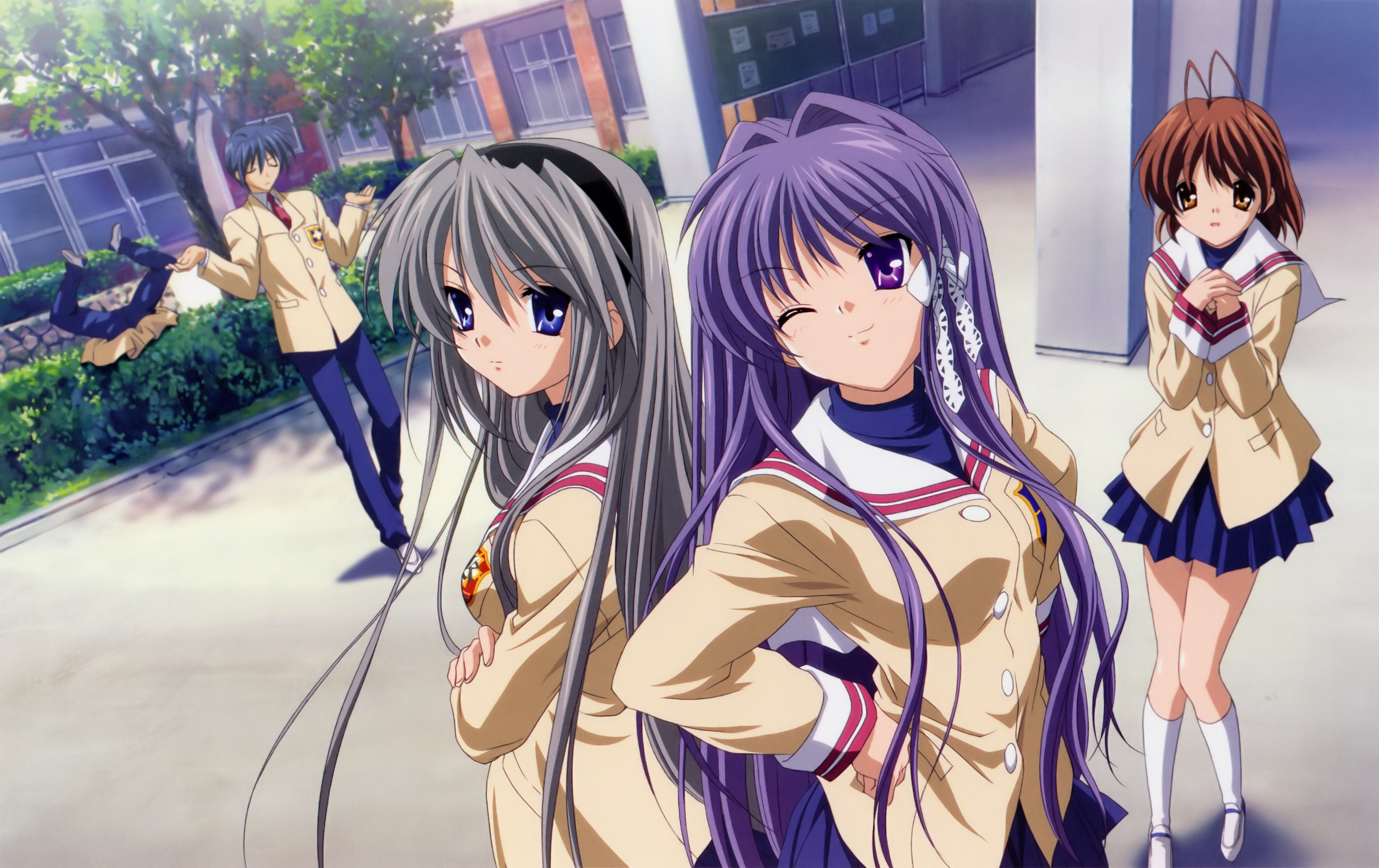Let's start by laying out definitions. A genre is the approach someone takes to a story. Usually you see it as tropes and whatnot, but there's an ethos to every genre that means that, no matter how you try to obscure it, the basic thoughts behind it always shine through. A setting, meanwhile, can be thought of as the creator's toolbox. While those tools may have suggested uses inherent in their makeup the genre/approach will ultimately override those seemingly inherent uses.
So what do I think of as fantasy? Well, I think the fantasy genre is an allegory about encountering the apophatic, the thing that is beyond words and concepts. Us Christians call that something a someone, God. Fantasy generally shows this with magic and/or fates, sometimes with God/gods. But, ultimately, fantasy always has an element of running into something far bigger and learning how to live with it. Done right, fantasy creates a yearning within the reader for something far greater than themselves. Something you can't understand has knocked and so you must respond. But most of the time people don't hear or feel the knocking in their souls and so they are purified through the story, being stripped of their defenses right along with the protagonists as they learn that they are part of something so much larger than them.
Super heavy spoilers for the anime Clannad and Clannad:AfterStory follow. Sorry not sorry.
Let's take my favorite show of all time: Clannad/Afterstory. By most accounts Clannad is a harem anime with fantasy elements. I've always disagreed with this analysis: Clannad is a fantasy genre anime that uses the modern setting. Are there overt displays of supernatural power in such a setting? No, there aren't, so Clannad doesn't use them. Fuko, the first person that Tomoya and Nagisa help, is not a love interest, but just a lost projection of a girl who needs help. Most of the romantic elements reside with Nagisa, right from the start, with Tomoya learning to be human by helping the other people he comes across. If the anime were a harem Tomoya would be trying to figure out which girl he would go out with. Nothing like that ever happens. There's never a moment where Tomoya isn't in love with Nagisa. By the end of the first season by Tomoya and Nagisa have evolved enough as people to finally go out. But even Tomoyo, who was genuinely in love with Tomoya, could see that Tomoya never had anyone in his heart but Nagisa.
While the first season might be construed as a harem Afterstory completely blows that out of the water. Tomoya and Nagisa make a life together and each time Tomoya helps someone light comes out of them. There's some lore about how the lights, if caught, could be used to grant a wish, and that multiple lights can grant larger wishes. So when Ushio, who is the personification of all the lights, dies, Tomoya just happens to be holding her. She releases the lights and he catches them by holding her tiny corpse in his arms. And that's how we get the other world with the robot and the girl and, ultimately, how we reverse the tragedy of Nagisa dying.
Excuse me.
 |
| It's been awhile, Clannad. How I've missed you. |
What about any of that is a harem is beyond me. It's ultimately the lights that Tomoya got from helping everyone that resolves the central issue: Nagisa's health (and death). But Tomoya's pride is what makes it impossible for him to save Nagisa the first time. He refuses to let go of the notion that he's a virus to those around him, brought on by the death of his own mother. It's only by becoming a father and then having to stay strong for Ushio as she withers and dies that Tomoya finally becomes the person who is worthy of the orbs of light and can finally make the wish that anyone watching the show who has a soul is making with Tomoya: to bring back his family. The city/God brings Tomoya literally to the point of death so he will finally realize who he truly is in relation to the world and, beautifully, his family is restored.
And that's ultimately what I strive for: to get rid of the stuff that distracts the character so something transcendent can happen in the game. Again, I don't claim to very good at this. I've been GMing since 16 and am only just now starting to understand what it is I wanted to do in the first place, 14 years later. Oh well, better late than never. Maybe I can stop sounding like a horrific super-villain as time goes on. But that's the mercy of God, in His own time, that I count on there. And, until then, so should my players. But probably for different reasons.

No comments:
Post a Comment